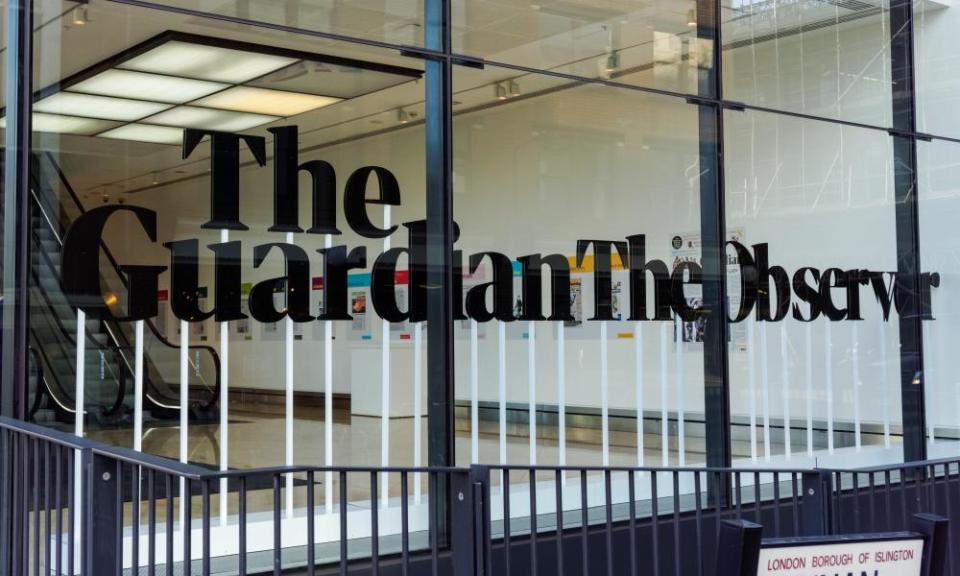The Guardian view on our 200th birthday: reasons to be cheerful

The bicentenary of the Guardian is a cause for celebration and reflection. The paper was born of political outsiders in a country then run by a landed aristocracy. With its roots in religious dissent and with a desire to spread a developing system of liberal and progressive values, the Guardian has been a political force ever since. It has been a mouthpiece for reform, with a seriousness of purpose and an irreverent eye. The world has changed immeasurably since 1821, but the Guardian has remained steadfastly independent, guided by its commitment to accuracy and fairness.
There is a pressing need for decency and fair-dealing to return to the centre of people’s lives, especially when the Covid-19 pandemic remains out of control in many parts of the globe, after months of an economic slump and deepening political polarisation. All over the world, there are problems that require leaders with greater skills than seem apparent. Too much of politics in recent years has concentrated on goals that are largely irrelevant to human welfare and ignored those things that matter.
In the last decade, the Guardian has experienced both the advantages and disadvantages of technological disruption. From its northern English roots, this organisation has become an international brand, with digital editions of itself in America and Australia. The Guardian is now one of the largest English-language global news websites – and a success that engenders hope. This growth has taken place against a backdrop of a crisis in the media, with standards of evidence and accountability being challenged through social media disinformation campaigns. While the Guardian’s influence and reputation has been enhanced, it is depressing to note that some of the most significant forms of disruptive political communication play out on Twitter and Facebook.
The internet has blurred the line between the political elite and the public. But it has not democratised politics in the beneficial way that many predicted. Rather than using debate and deliberation to influence voters, unscrupulous powerbrokers have opted for more subtly persuasive and manipulative ways. This is a threat to democratic life aided by business interests. News organisations, at their best, are concerned with the public interest; social media firms are happier to peddle only the news and views that readers agree with. The Guardian will respectfully disagree with those who don’t share its preoccupations and aims to persuade them with reason.
A newspaper is an essential building block of any democracy. It has a role to supply voters with sourced and verifiable information about politics and the state of the world. In an age of knowledge, one might have thought that this was something to cherish, but until very recently there was little political backing for government to play a role in restraining corporate behaviour. Weakening regulations, reducing the importance of the state and shredding social protections have corroded liberal democracy, giving an increasingly influential wealthy few a free run.
CP Scott, the great Guardian editor, wrote in his centenary essay that the paper was “much more than a business”. He saw the Guardian as an institution that reflected and influenced the life of a whole community. “It may educate, stimulate, assist, or it may do the opposite. It has, therefore, a moral as well as a material existence.” The ideals Scott laid out remain, and it is our challenge to live up to them.

 Yahoo Finance
Yahoo Finance 